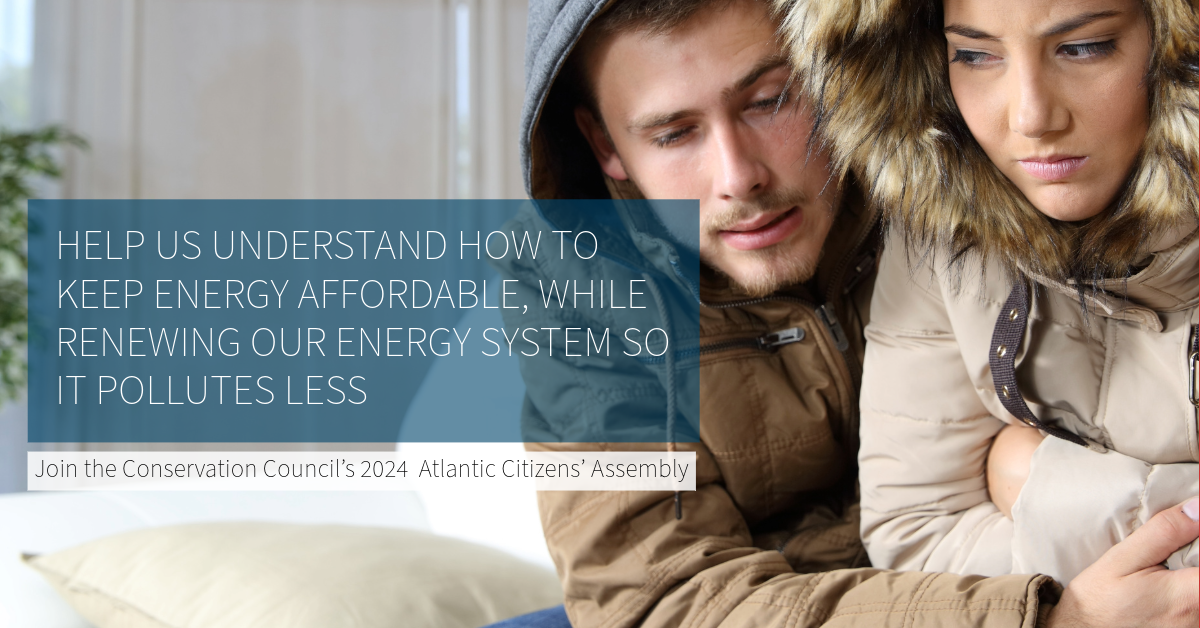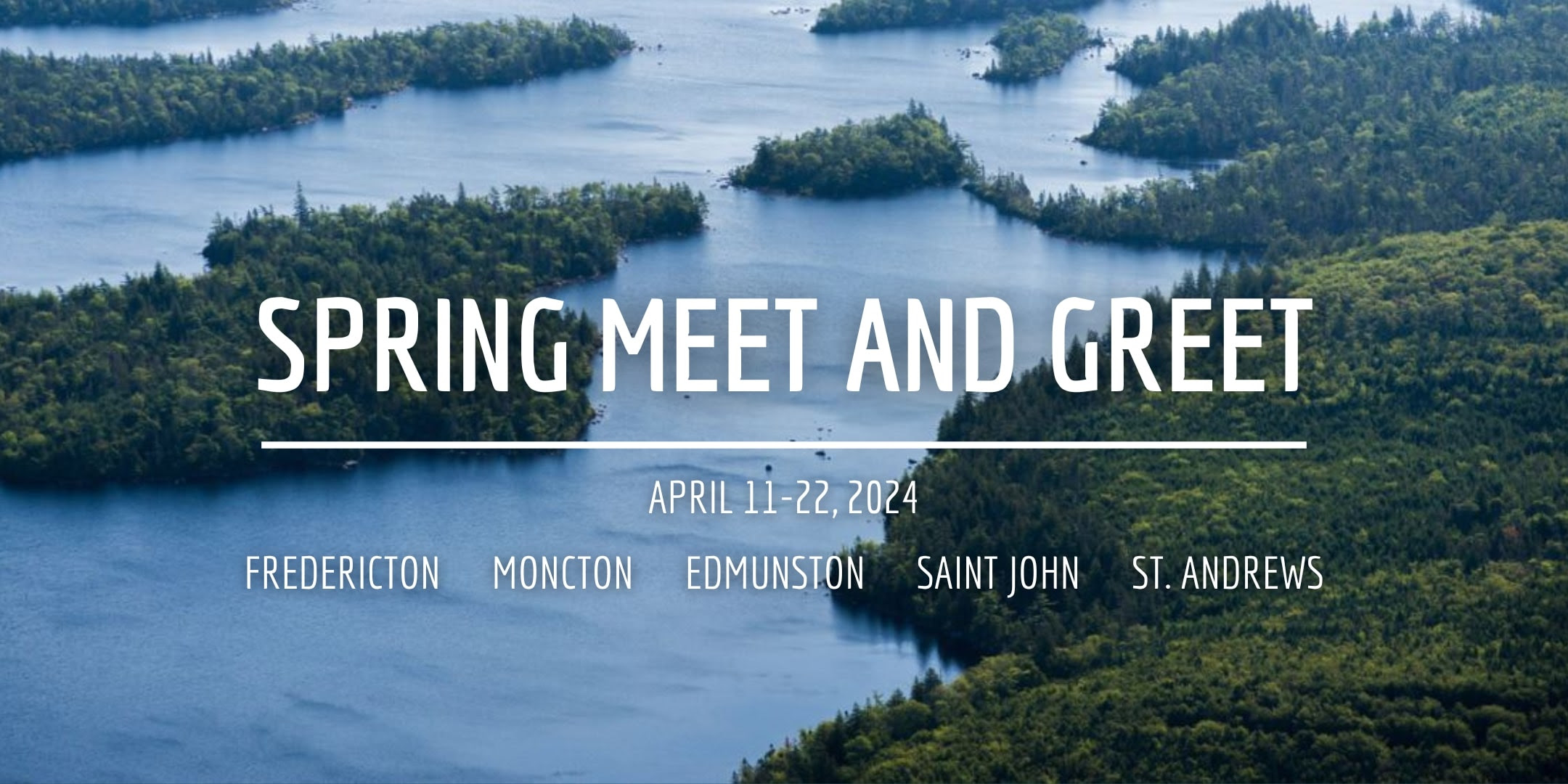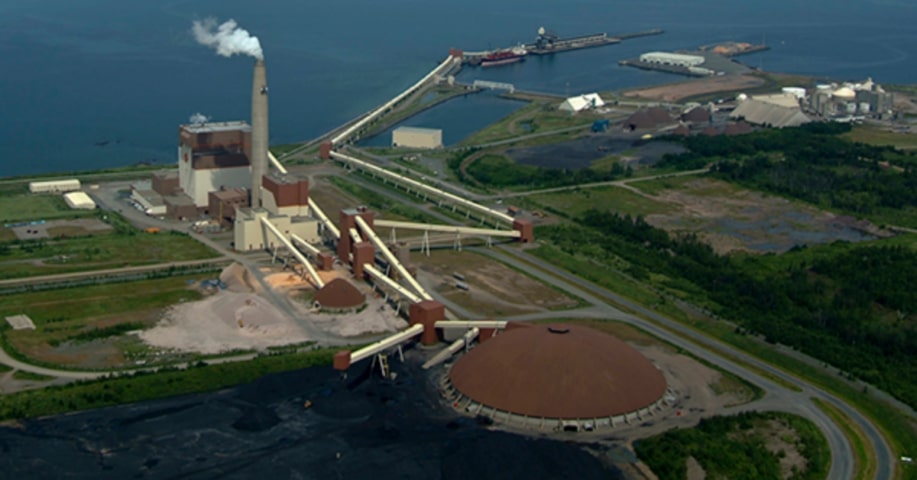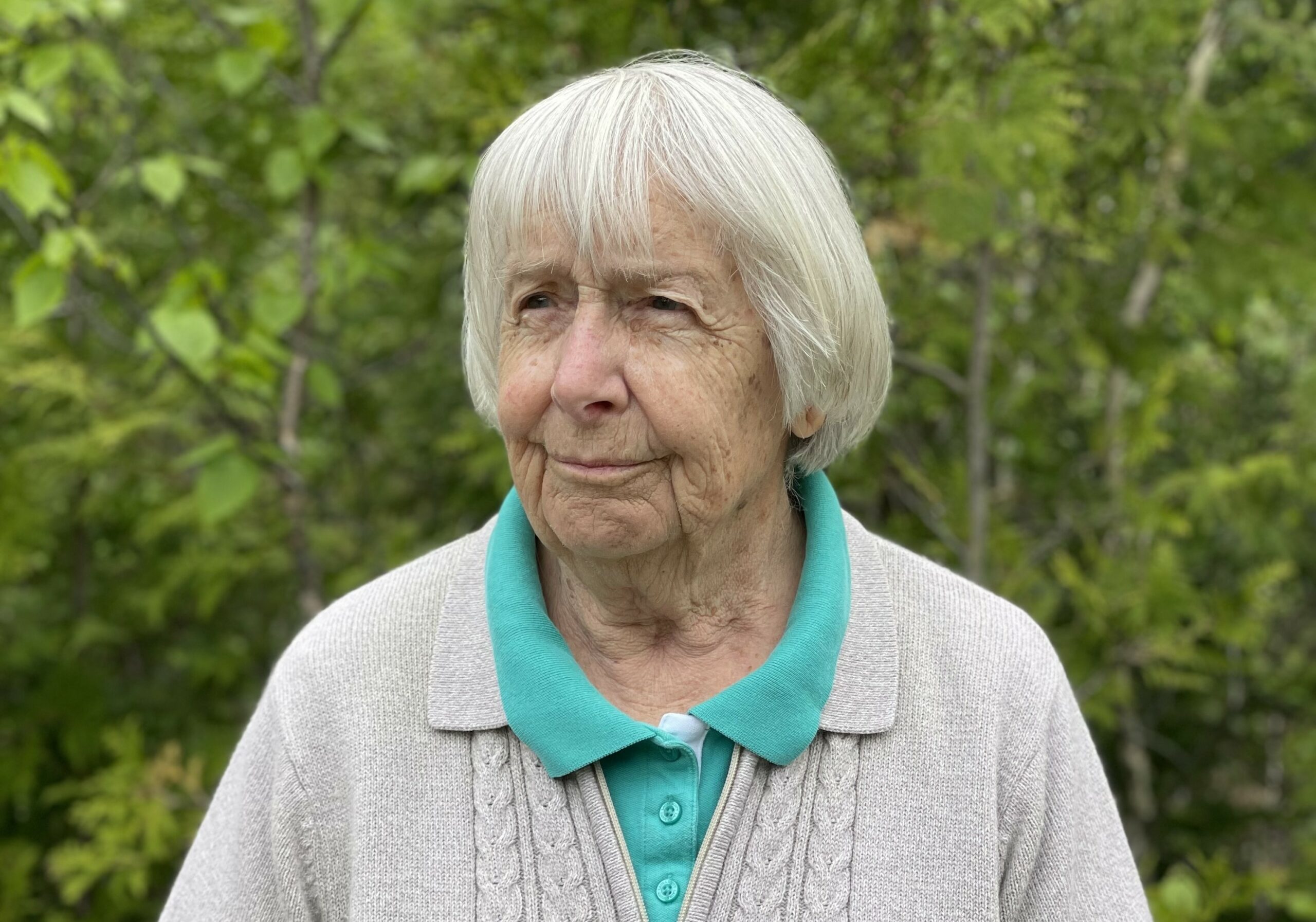Be part of the solution
Protecting the land, air and water in New Brunswick.
The Conservation Council has been working on environmental issues in New Brunswick since 1969 as a registered charity and an environmental non-profit organization (ENGO).
We are celebrating
We’re proud of over 50 years of accomplishments!
Stay informed
Never miss an update on environmental issues affecting New Brunswick
Support our work
Your gift helps us protect the land, air and water in N.B.














